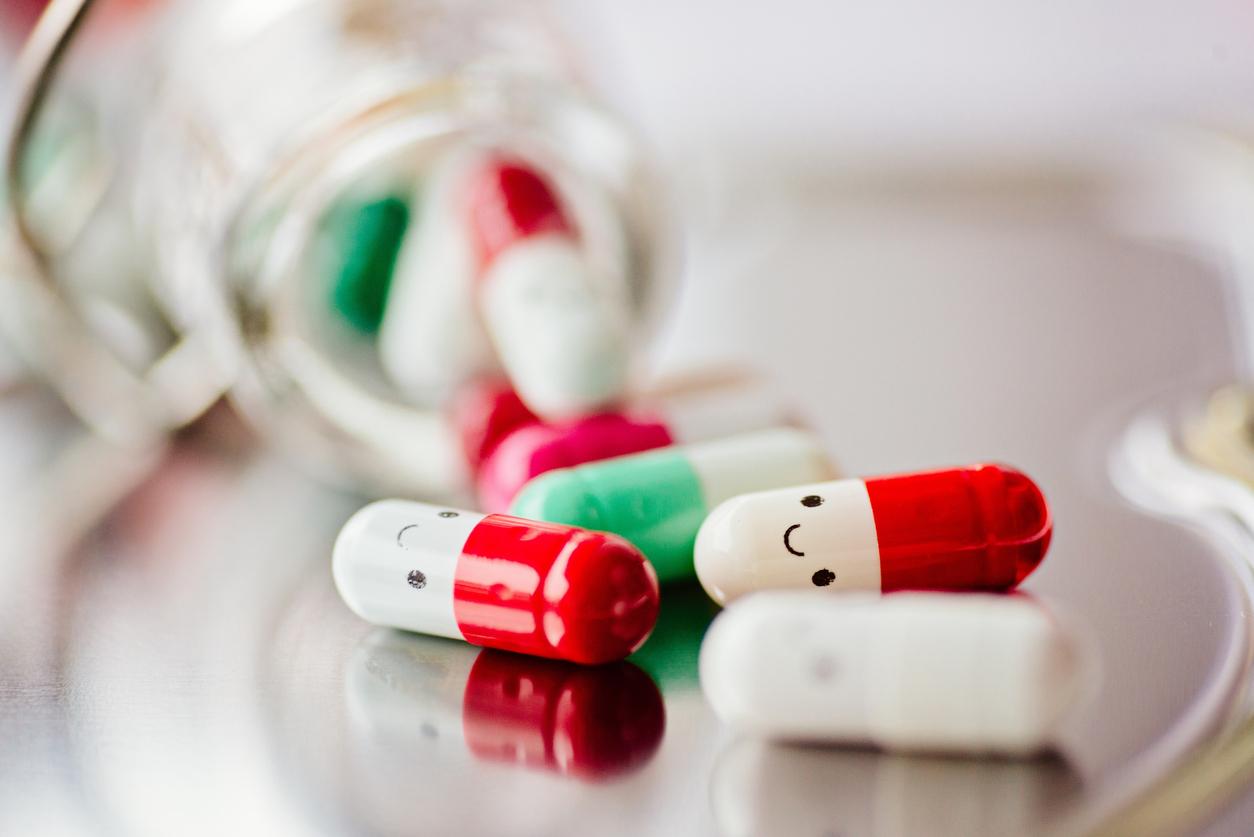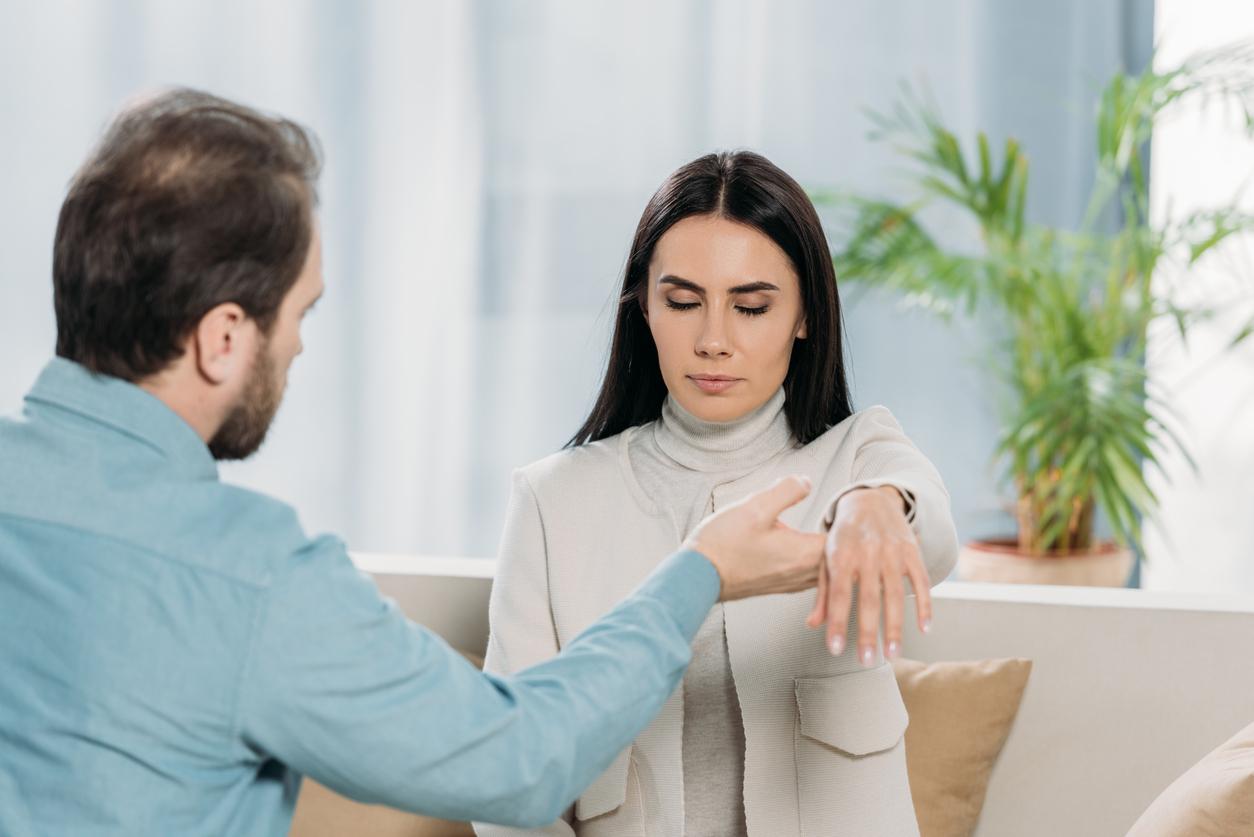Certain times of the day are more likely to catch infections, according to the results of a study published in the medical journal Journal Proceedings of the National Academy of Science. These conclusions were obtained in mice. They may explain why workers with disrupted biological clocks are more prone to health problems, including infections and chronic illnesses.
Infections do not have the same intensity throughout the day
To test whether our circadian rhythms affect the sensitivity and progression of infections, researchers at the Institute of Metabolic Science at the University of Cambridge in the UK compared mice infected with the herpes virus at different times. of the day. They measured levels of infection with the virus and its spread. Rodents lived in a controlled environment and spent 12 hours in daylight and 12 hours at night.
The researchers found that virus replication in mice infected at the start of the day, (equivalent to sunrise), was ten times higher than in other rodents. When the researchers repeated the experiment on mice lacking the biological clock gene, they found high levels of virus replication regardless of the time of infection.
“The time of day can have a major influence on the contamination with an infection and its severity,” says Professor Akhilesh Reddy, lead author of the study. “This is consistent with recent studies which have shown that the time is of the day when flu vaccine is administered can influence the way it works. “
Read also:
Biological clock: the effects of working shifted hours on health
Work shifted hours worsens the risk of diabetes
It’s proven, seniors don’t have the same biological clock


















